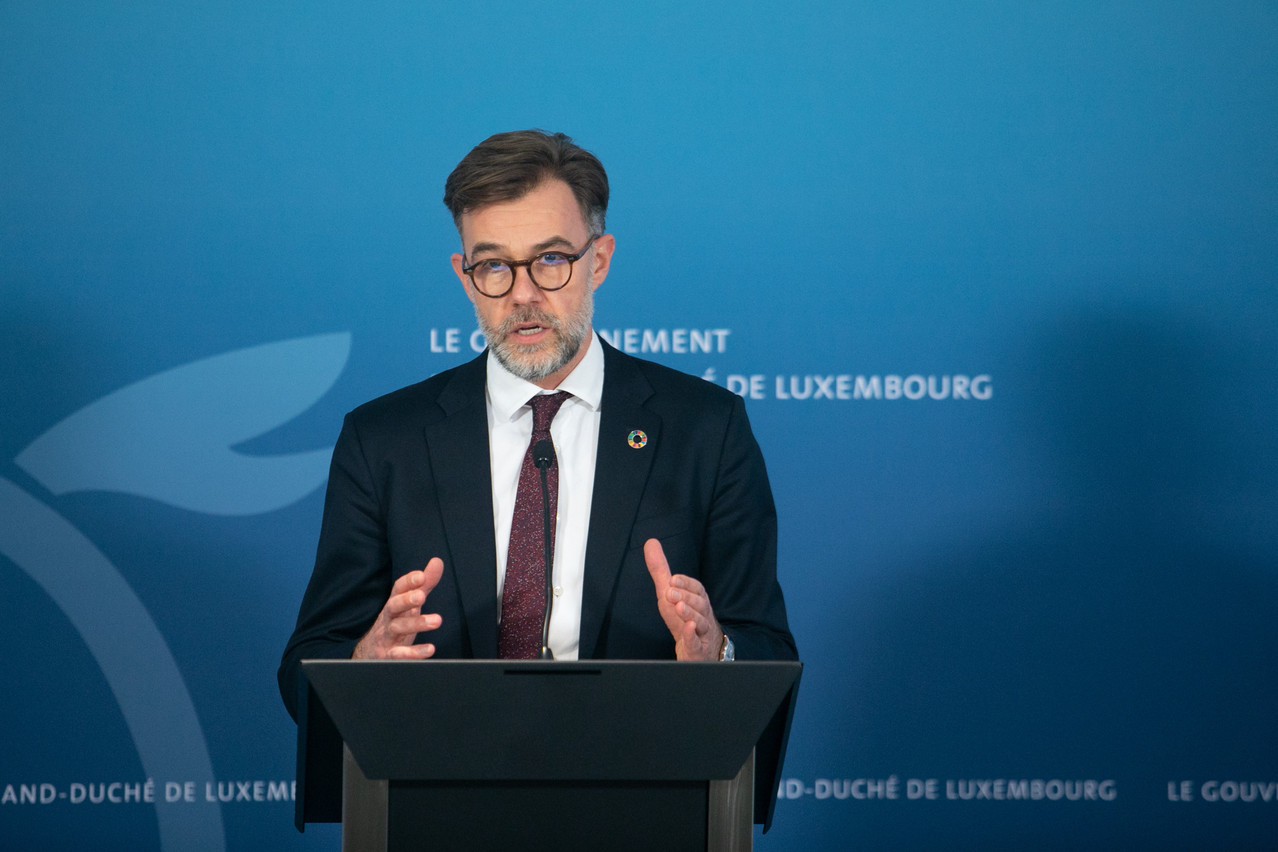Ortega’s rigged election came with a crackdown on political opponents and his government mid-last year cancelled licences for 200 NGOs to operate in the country.
“It’s a huge disappointment,” said development cooperation minister (LSAP) in an interview. Luxembourg’s cooperation with Nicaragua dates to the 1990s and both countries signed a first indicative cooperation programme--a multi-year agreement to disburse development aid--in 2003.
“I don’t think we did anything fundamentally wrong,” said Fayot about the crackdown under Ortega. “What’s happened now are political circumstances” and a regime that “destroys what was built.”
While the Luxembourg Development agency continues some projects in Nicaragua, its office in the country’s capital, Managua, will be closed in due course. Operations will instead be run from Costa Rica.
Integration, environment, refugees
Fayot is in the country this week to sign a memorandum of understanding to formalise cooperation with Costa Rica, with the areas in the spotlight: the socio-economic integration of women and youth; climate resilience and the environment; and migration.
“It’s an old democracy. It’s a stable country. It’s a country that’s flying the flag for sustainability,” the minister told Delano. Other EU countries have also made it their base for their activities in Central America.
“Costa Rica is an upper-middle income country. They recently joined the OECD,” Fayot said. In that sense, it does not fit the profile of Luxembourg development assistance, which until now has focused largely on providing support for some of the least developed countries in their regions.
For example, Luxembourg works with Laos, one of poorest countries in Southeast Asia, but also Burkina Faso, Niger and Mali in West Africa, which rank among the lowest countries worldwide in the UN’s Human Development Index.
“It’s a real problem,” Fayot said of unsafe working conditions in poorer countries. A military coup d’état, for example, overthrew the government in Mali in 2021. “The country is very unsafe. The government doesn’t control the security situation anymore.”
A coup in Burkina Faso in September 2022 removed interim president Henri Sandaogo Damiba, who himself had come into power in a coup d’état just eight months earlier. The military junta in January expelled the French ambassador from the country.
“It makes the work in these countries more difficult and also dangerous,” Fayot said. “It’s not a knee-jerk reaction,” he said about closing the Nicaragua office.
Regional cooperation
Costa Rica, he said, “is a country that has made immense progress over the last three decades, that is remarkable in how they protect their forests, nature and biodiversity, and has made that a central element of its policies. We can learn something from them, too.”
Nonetheless, a quarter of the country’s population still lives in poverty. The country has also struggled with refugee flows, notably from Nicaragua, and is home to more than 150,000 asylum seekers.
During his visit to Costa Rica, Fayot this week is visiting projects working with migrants, an area in which Luxembourg wants to offer support, but also forest management and inclusive finance.
The move to Costa Rica does not mean that activities with other countries in Central America will cease, he said. “We needed a new base. Costa Rica is a good country for regional cooperation in Central America on the one hand but also for a series of bilateral projects.”
